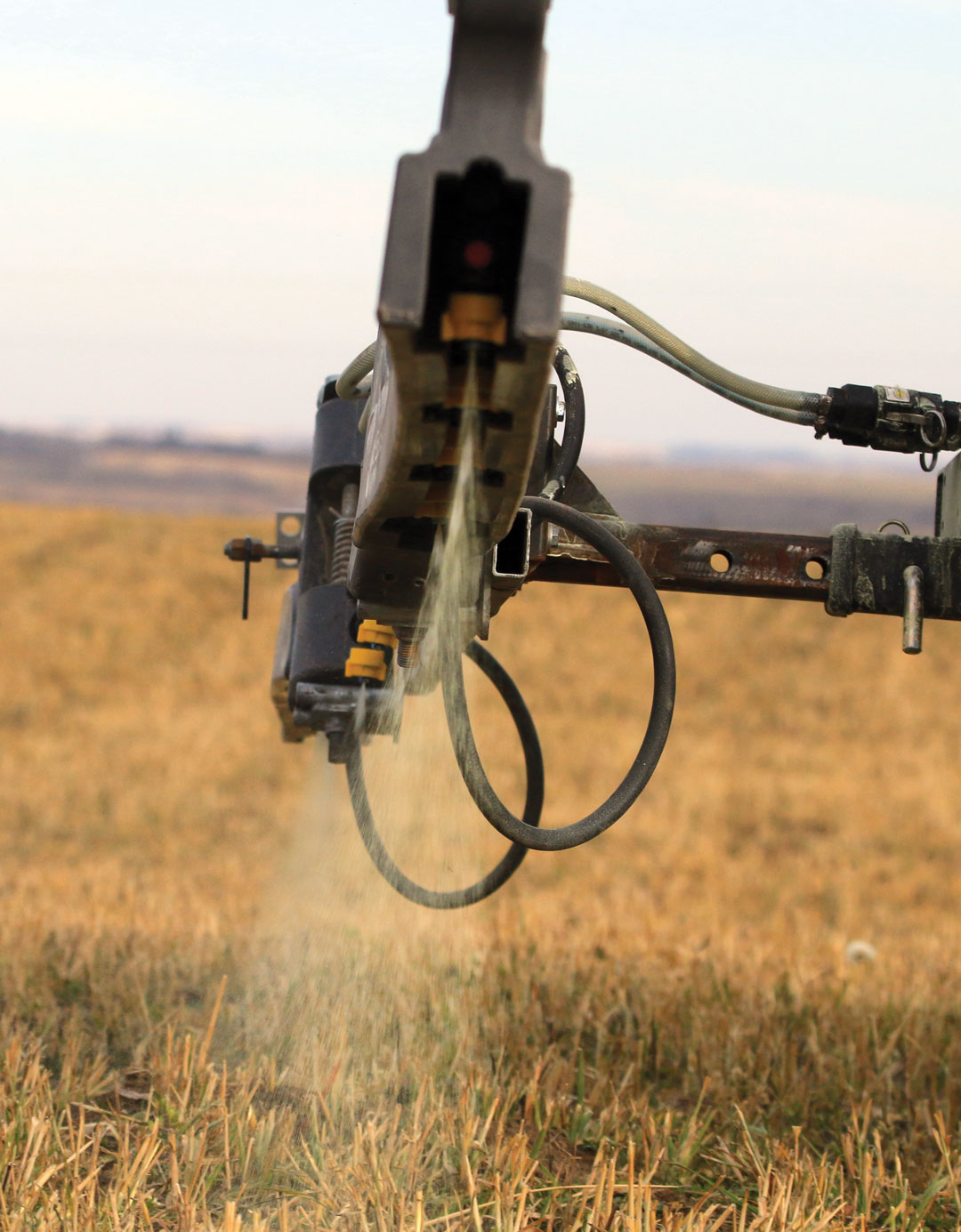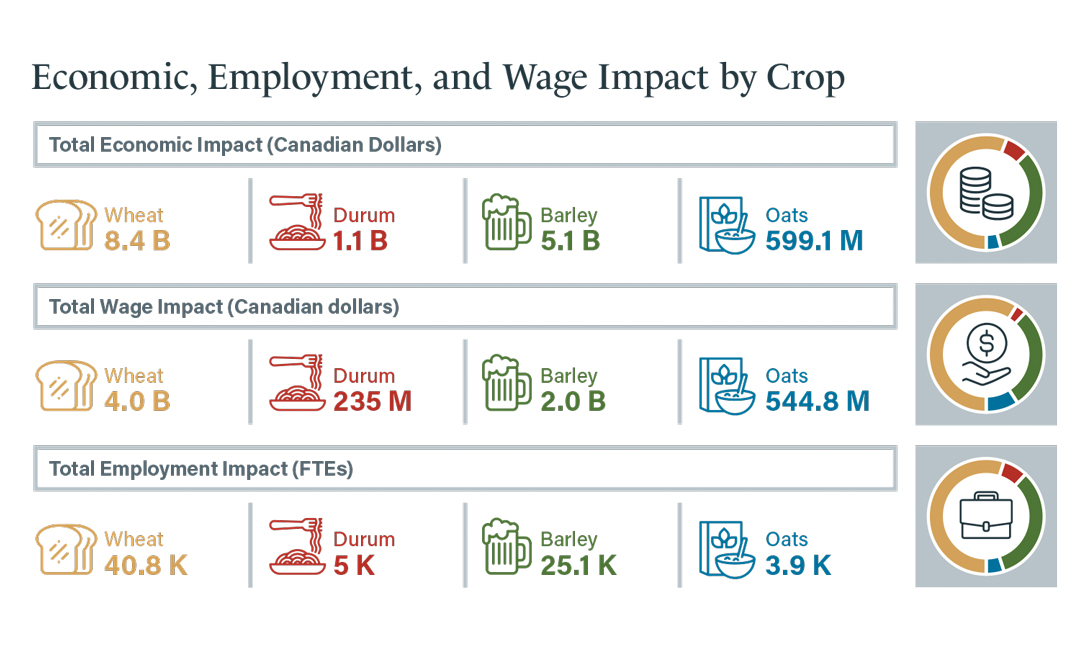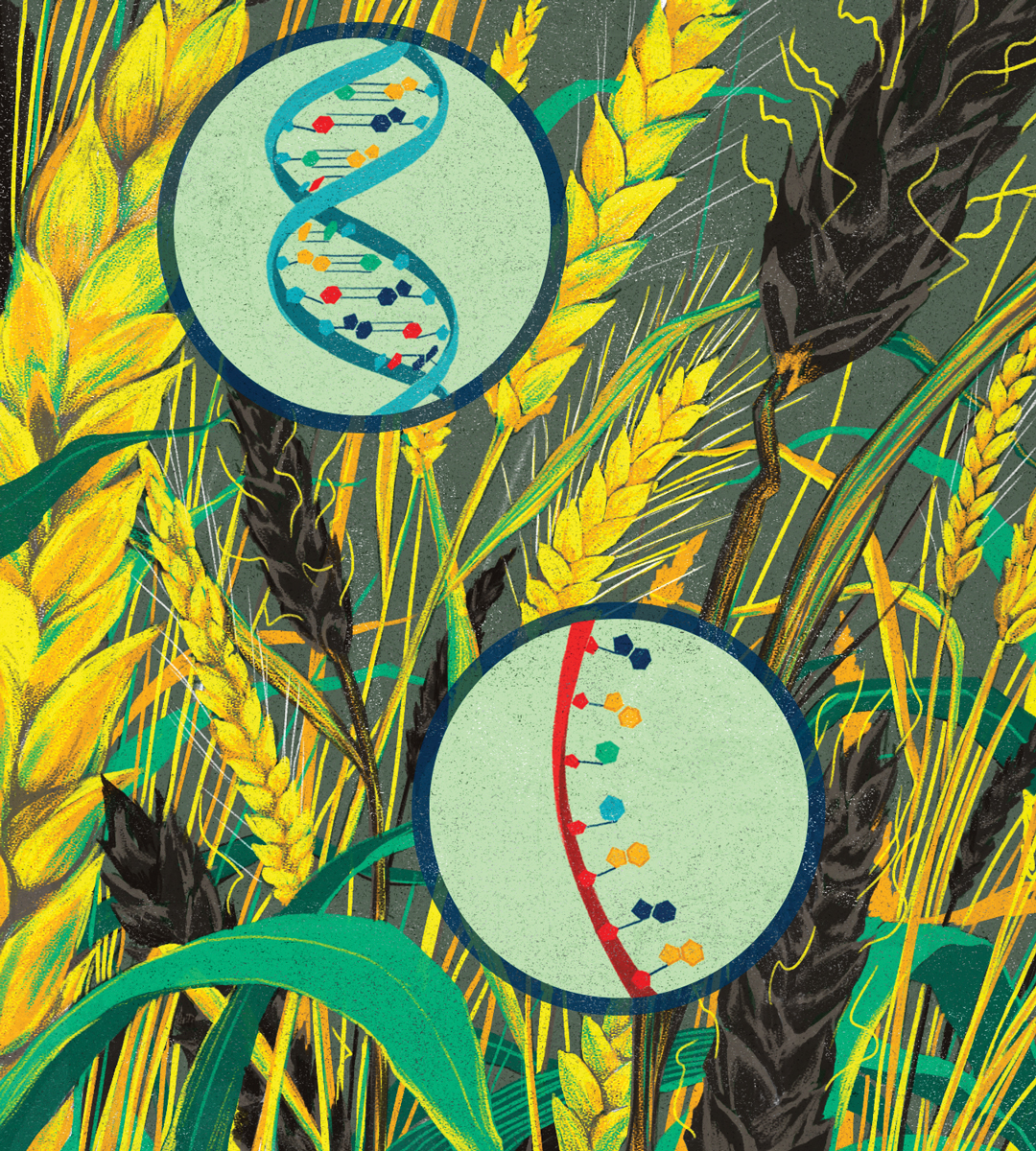PREPARE TO LAUNCH
BY JENNIFER BARBER • PHOTO COURTESY OF SULTECH GLOBAL INNOVATION
A group of business development organizations has launched a mentorship program in Alberta to assist innovative agriculture technology and agri-food ventures. The Alberta Yield: Ag and Food Tech Advisory Program is intended to guide tech-based entrepreneurs as they establish their businesses, locate funding and expand.
“We identified a gap in knowledge in many early-stage startups,” said Kevin Dahl, an Alberta Yield advisor with Platform Calgary, which delivers the program in co-operation with TEC Edmonton and Bioenterprise. The program is co-funded by Bioenterprise, Western Economic Diversification Canada and Alberta Innovates.
Alberta Yield targets startup companies in two categories. In its cohort-based stream, it works with early-stage companies on business fundamentals. Secondly, a one-on-one mentorship stream focuses on companies further along in development and that may face barriers to growth.
All are assisted with customer development and assessment of market demand as well as guidance to increase sales and refine business models. Work is also done to improve investor readiness—the business venture’s ability to meet and respond to the needs of its financial backers. The program’s two streams differ slightly. In both, businesses are paired with an experienced advisor who mentors and coaches the founders.
“The real concept of this program is one of collaboration,” said Michael McGee, director of innovation with Biotenterprise. He believes that to build successful ag businesses that can diversify the Alberta economy, multiple players and funding sources are needed. “The people we have brought in understand what it takes to be successful in today’s economy with consumer sensitivities and environmental considerations in mind.”
McGee said there has been great interest in the pilot project. Of 42 applicants, enrollment was kept at 15 to encourage plenty of bonding between participants and interaction with mentors. McGee also noted the program gives participants many opportunities to learn from each other and develop an informal network of advisors. Thirty additional organizations will share their expertise with participants.
A LEARNING NETWORK
Two things are required of the cohort businesses, said Dahl. “These businesses had to have a product, and they had to have existing customers. By bringing together a group of entrepreneurs at the same stage, we are able to present them with ideas they can all take back and begin to grow their business.”
Each cohort participates in seven weeks of group work that includes panel sessions on sales, marketing and funding, as well as group workshops. This is followed by a week of prep work in which they refine their pitches to potential investors and try them out in front of a panel of mentors.
Owen Kench is co-founder of Mojow Autonomous Solutions. The company develops digital tools that streamline farm processes. Mojow’s artificial intelligence systems are intended to make the autosteering systems in tractors and sprayers fully autonomous.
“There’s a lot of information out there for the technology sector but it’s hard to find information on how to move into agtech,” said Kench. “The agriculture network is both immense and tightly connected.” The Alberta Yield program gave Kench and his business partner Mojtaba Hedayatpour the opportunity to improve their business skills and develop industry connections.
Kench said the program involves a few hours of commitment per day, three days a week, with the focus being business fundamentals. Previous to participating in the program, he had been involved in an unrelated startup. Despite this previous experience, the program illuminated gaps in his knowledge. He realized the importance of identifying shortcomings early in the startup process to prevent costly delays in the development of a company or product.
“We have had several opportunities to improve our story to investors before a final pitch event at the end of the program, with lots of feedback from those who are potential customers or investors,” he said. “We learned to tap into different sources of funding and experience. This way we can go back to our business with better tools and hit the ground running.”
AN INDIVIDUAL APPROACH
While they may also benefit from networking opportunities, participants in the program’s one-on-one stream may have moved their businesses beyond the early stage. “They often have challenges specific to their own business,” said Dahl. This might include the need for international expansion or to increase production and pitch their product to retail outlets. “We help them meet their next-step needs.”
Murray MacKinnon took part in the one-on-one program to get help with the development of his business as he prepared to carry out a large-scale product launch. His company, Sultech Global Innovation Corp, introduced SulGro65 to farmers this spring. It is the first commercially available elemental sulfur suspension product. The technology is based on a process that converts elemental sulfur produced by the energy sector into a sprayable micronized nutrient sulfur and soil amendment product.
“We took an idea that was developed 20 years ago in the oil and gas sector and spent six years developing our technology and doing agronomy research to back up our claims,” said MacKinnon. The sales hook is that the products and the technology are environmentally safe and can contribute to yield sustainability.
“What we have learned through this program is that we probably spent too much time testing and researching and not enough building relationships and markets before reaching out to potential customers,” he said. “We think our product has a great story, but we didn’t get on a soapbox and celebrate our story early enough in the process.”
MacKinnon said the Sultech team worked closely with their mentors in a thorough review of the company’s business history. Their mentors also helped to refine the company’s messaging prior to its spring product launch. This input was insightful and positively altered the approach to several critical aspects of the business.
“Our mentors essentially had us hold a mirror up and asked us, ‘What are your five-year goals and how are you going to get there?’” he said. “You want to be open and honest as they are there to help and they are very generous with their time. Then the next step is to open the door to further introductions to help you make the connections you need. In the end, we will hopefully have the right message to move our business forward.”
McGee cautions entrepreneurs that while not all of them will achieve the level of success they hoped for, nor as quickly, they should not give up on their business goals. “Some of these businesses operate in very competitive environments and they will have a hard time breaking in and finding success,” he said. All companies start small and most stay that way, he added.
“A lot of agriculture is seasonal, cyclical, subject to Mother Nature and can also be subject to trade actions that are sometimes capricious and beyond a business’s control,” he said. “Many are low-gross margin businesses like grocery, hardware and equipment and require significant capital investment to scale. Agriculture has a lot of smart people in the early stages of technical development and it’s important for them to avoid early-stage pitfalls and prevent delays in their development. We help them do that and build their business one customer at a time.”
For more information on Alberta Yield and to register, visitwww.platformcalgary.com.







Comments